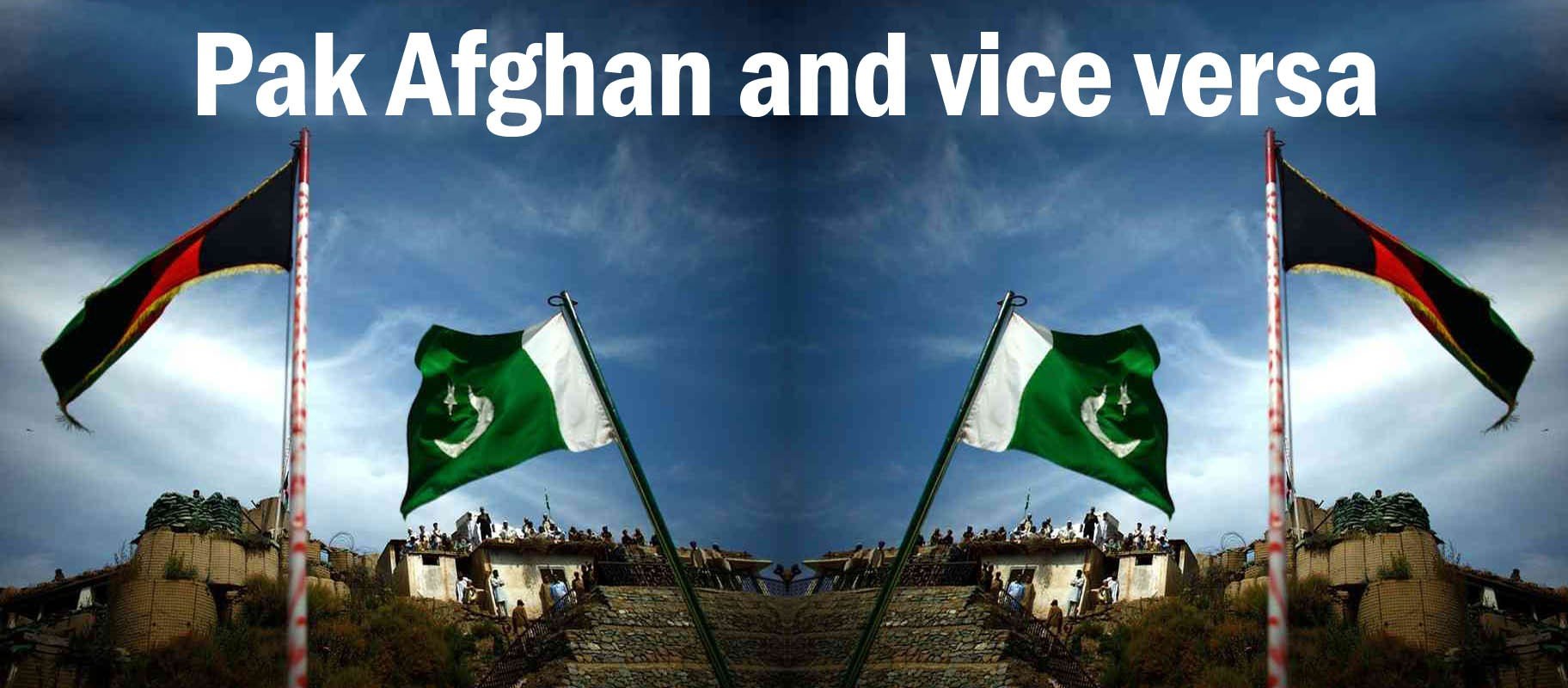
Looking at the uneasy Pak Afghan relations after the border clashes and implications for the two countries

The skirmishes on the Torkham border leading to deaths and injuries on both sides have once again brought the now-hot-now-cold Pak-Afghan relations to the fore.
But this was not the first incident that raised diplomatic temperatures in recent months. This was preceded by the capture of Afghan spies believed to have links with the Afghan intelligence agency, compelling the Balochistan home minister to use very harsh language asking all Afghan refugees "to go back home". Equally significant was the US drone attack that killed Afghan Taliban leader Mulla Mansoor in Balochistan.
Latent among all this is the issue of the border between the two countries, which the Afghans call the Durand Line and is something they do not consider as the legitimate border.
While the tension at Torkham border is kind of sorted out and the normal movement has resumed from the checkpost, other issues are far from settled and have the potential to become hot. Both countries blame each other of sponsoring terrorism in the other country. Diplomatically speaking though, Pakistan appears isolated, despite all its efforts to maintain and increase its influence in Afghanistan, 1979 onwards.
Read also: Pak Afghan and vice versa
Our Special Report today aims to focus on these issues largely from Pakistan’s standpoint. Analysts are critical of Pakistan’s short- and long-term strategies in the region. They also suggest that Pakistan must also stop using the Afghan refugees as a bargaining chip each time the going gets tough and do something about them that is more permanent and realistic.
Implicit in their arguments is the fact that a military-led foreign policy has not yielded the desired results and it is about time the civilians assumed this role. How will that actually come about is still not clear though.